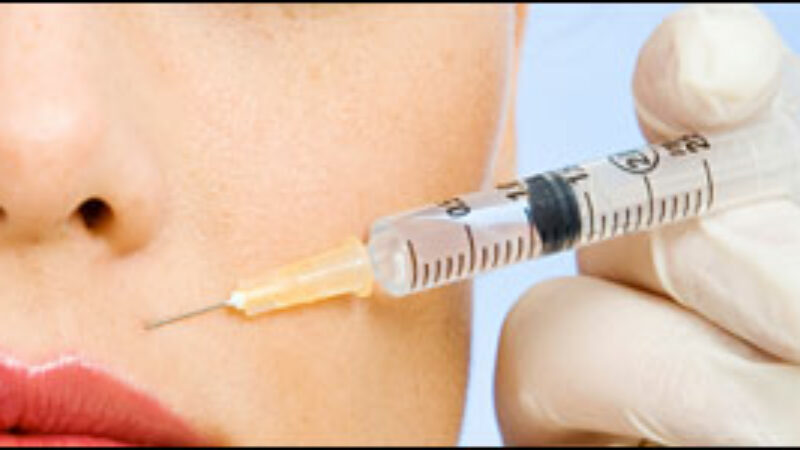While menopause is a condition that most women will experience, many menopause myths persist about this very natural process. Once you’ve gone without having a menstrual cycle for 12 consecutive months, you’ve technically entered menopause. The period leading up to menopause, perimenopause, varies among individuals and often lasts between 3-5 years. For some, it can be a long and drawn out experience with severe symptoms. For others, perimenopause is brief with very mild symptoms. Whichever end of the spectrum you’re on, managing your specific symptoms is key.
Here are 4 menopause myths:
1. Hot Flashes are the First Sign of Menopause. Although women complain most about the symptom of hot flashes, not everyone experiences them and they may not necessarily be the first indication that you’re approaching this major change in life. While it is true that approximately 75% of women experience hot flashes leading up to menopause, there is also a chance that they may continue beyond that point. A recent study identified 4 groups of women:
- a. “Early onset” as those who experienced hot flashes 5-10 years prior to true menopause
- b. “Late onset” as those who didn’t experience hot flashes until the end of their period
- c. “Super flashers” who start early and whose symptoms continue well past menopause
- d. Finally, the very lucky few who never experience hot flashes at all
2. Sexual Libido Decreases. As with any time of life, libido can fluctuate. During menopause, estrogen levels drop dramatically, resulting in vaginal dryness and uncomfortable sex for many women. When intercourse becomes a less pleasant experience, your desire for contact may decrease. PhaMix carries several non-hormonal treatments that help relieve the symptoms of vaginal dryness, such as RepaGyn ovules, Gynatrof Gel and Zestica Moisture lubricant.
3. Weight Gain is Inevitable. With changes in hormones, age and the slowing down of metabolism, weight gain is certainly a possibility but not a given. By increasing the frequency of exercise as well as including some weight training 2 – 3 times a week in your routine, packing on the pounds at menopause need not be unavoidable.
4. Your Period Will Simply Stop. If only this one myth were true! The entire process can in fact take 3-5 years. During this transitional time, periods can fluctuate in length, flow and frequency. Keep in mind that it is still possible to get pregnant during this time as ovulation does continue, albeit at less regular intervals.
Just as 50 is the new 30, menopause may just be the start of a new phase of relief and freedom.




